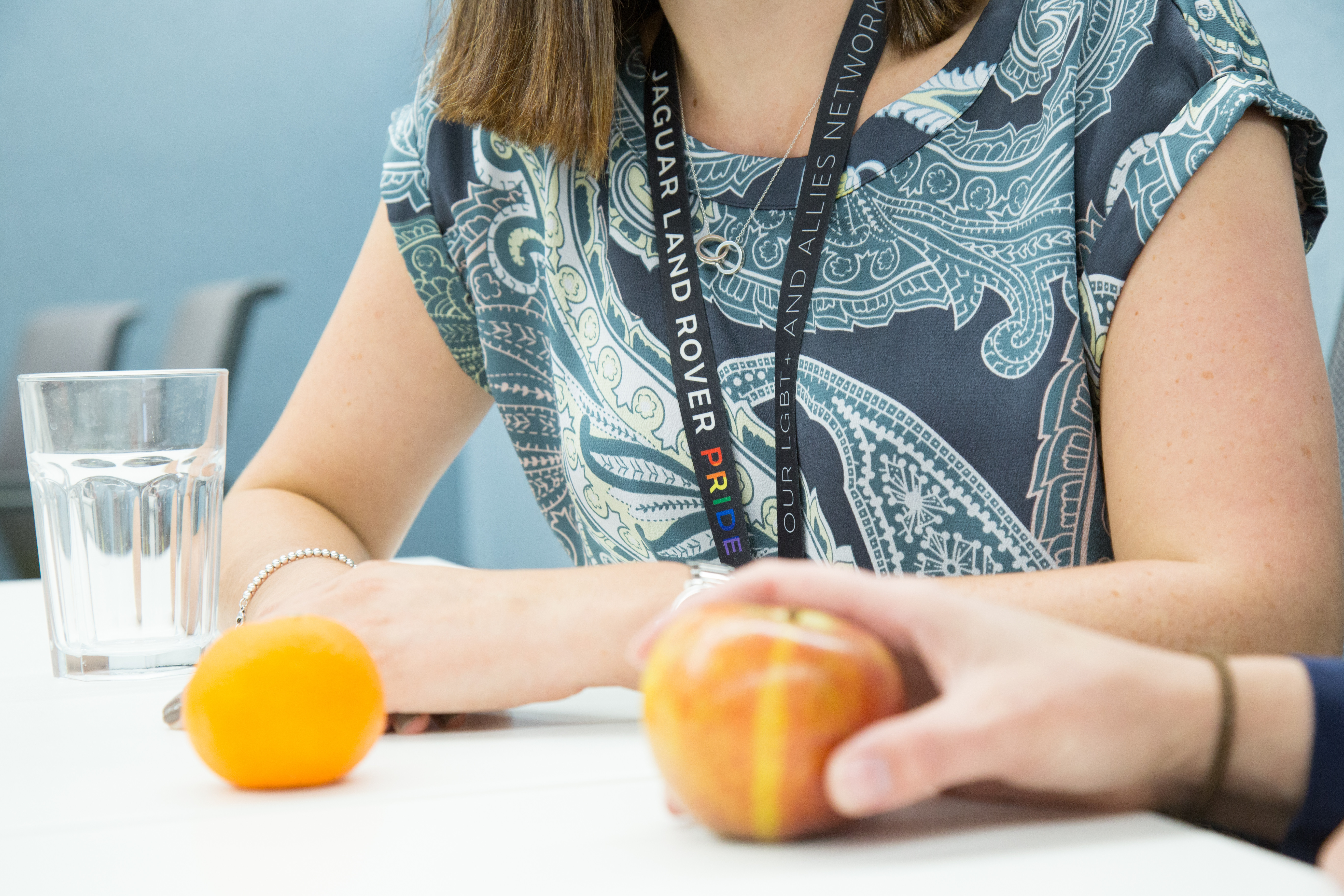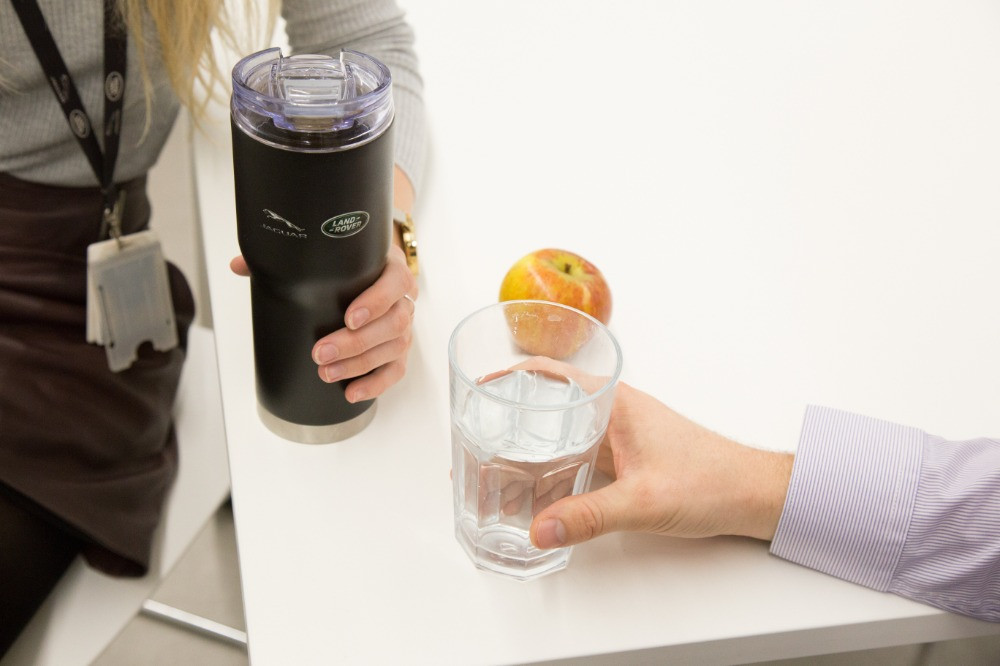Eating a healthy, balanced diet is an important part of maintaining good health and can help you feel your best.

Eating Well
The NHS recommends eating a wide variety of foods in the right proportions to stay healthy.
The Eatwell Guide is a great way of learning about what make up a balanced diet. However, people with special dietary needs or a medical condition should speak to their doctor or a registered dietitian for advice.
The Eatwell Guide says that to have a healthy, balanced diet, people should try to:
- eat at least 5 portions of a variety of fruit and vegetables every day
- base their meals on higher fibre starchy foods like potatoes, bread, rice or pasta
- have some dairy or dairy alternatives (such as soya drinks)
- eat some beans, pulses, fish, eggs, meat and other protein
- choose unsaturated oils and spreads, and eat them in small amounts
- drink plenty of water (at least 6 to 8 glasses a day)
If you're having foods and drinks that are high in fat, salt and sugar, have these less often and in small amounts.
See below for more information about each of the food groups.

Need to lose weight?
Most adults in England are overweight or obese. Check whether you're a healthy weight using the BMI calculator below.
If you need to lose weight, you can use the NHS weight loss plan. It's a free 12-week diet and exercise plan to help you lose weight and develop healthier habits.
Nutrition Information Hub
The Eatwell Guide is a great place to start when learning about a balanced diet. See below for more information about the different food groups.
Fruit & Vegetables
Fruit and vegetables are a good source of vitamins and minerals and fibre and should make up just over a third of the food you eat each day.
It's recommended that you eat at least five portions of a variety of fruit and vegetables every day. They can be fresh, frozen, canned, dried or juiced, although a 150ml glass of juice can only count as a maximum of one portion a day.
There's evidence that people who eat at least five portions of fruit and vegetables a day have a lower risk of heart disease, stroke and some cancers.
Starchy Foods
Starchy foods should make up just over a third of everything you eat. This means your meals should be based on these foods.
Choose wholegrain or wholemeal varieties of starchy foods, such as brown rice, whole wheat pasta, and brown, wholemeal or higher fibre white bread.
They contain more fibre, and usually more vitamins and minerals, than white varieties.
Potatoes with the skins on are a great source of fibre and vitamins. For example, when having boiled potatoes or a jacket potato, eat the skin too.
Milk & Dairy
Milk and dairy foods, such as cheese and yoghurt, are good sources of protein. They also contain calcium, which helps keep your bones healthy.
Go for lower fat and lower sugar products where possible.
Choose semi-skimmed, 1% fat or skimmed milk, as well as lower fat hard cheeses or cottage cheese, and lower fat, lower sugar yoghurt.
Dairy alternatives, such as soya drinks, are also included in this food group.
When buying alternatives, choose unsweetened, calcium-fortified versions.
Beans, Meat & Other Protein
These foods are all good sources of protein, which is essential for the body to grow and repair itself.
They're also good sources of a range of vitamins and minerals.
Meat is a good source of protein, vitamins and minerals, including iron, zinc and B vitamins. It's also one of the main sources of vitamin B12.
Choose lean cuts of meat and skinless poultry whenever possible to cut down on fat. Always cook meat thoroughly.
Try to eat less red and processed meat like bacon, ham and sausages.
Eggs and fish are also good sources of protein and contain many vitamins and minerals. Oily fish is particularly rich in omega-3 fatty acids.
Aim to eat at least 2 portions of fish a week, including 1 portion of oily fish.
You can choose from fresh, frozen or canned, but remember that canned and smoked fish can often be high in salt.
Pulses, including beans, peas and lentils, are naturally very low in fat and high in fibre, protein, vitamins and minerals.
Nuts are high in fibre, and unsalted nuts make a good snack. But they do still contain high levels of fat, so eat them in moderation.
Oils & Spreads
Some fat in the diet is essential, but on average people in the UK eat too much saturated fat.
It's important to get most of your fat from unsaturated oils and spreads.
Swapping to unsaturated fats can help lower cholesterol.
Remember that all types of fat are high in energy and should be eaten in small amounts.
Eat less saturated fat. Too much can increase the amount of cholesterol in the blood, which increases your risk of developing heart disease.
Salt & Sugar
Eating too much salt can raise your blood pressure, which increases your risk of getting heart disease or having a stroke.
Learn more about blood pressure here
Regularly consuming foods and drinks high in sugar increases your risk of obesity and tooth decay.